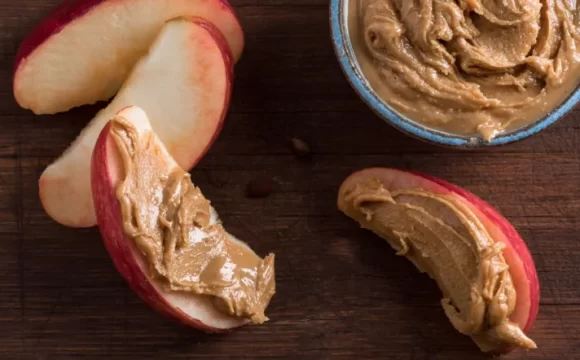Nutrition plays a crucial role in maintaining optimal oral health, as the foods and beverages we consume directly impact the health of our teeth and gums. In this article, we’ll explore the connection between nutrition and oral health, and how dietary choices can influence dental well-being.
Impact of Nutrition on Oral Health
Nutrition has a profound impact on oral health, affecting the development and integrity of teeth and gums, as well as the susceptibility to dental diseases such as tooth decay and gum disease. A balanced diet rich in essential nutrients such as vitamins, minerals, and antioxidants supports healthy tooth development, strengthens tooth enamel, and promotes gum health, while poor dietary choices as advised by Highland park orthodontist can increase the risk of dental problems and compromise oral health.
Essential Nutrients for Oral Health
Several nutrients are particularly important for maintaining optimal oral health. Calcium and phosphorus are essential for building strong teeth and bones, while vitamin D aids in calcium absorption and supports tooth mineralization. Vitamin C is crucial for collagen production and gum tissue health, while vitamin A promotes saliva production and helps maintain mucous membranes. Additionally, antioxidants such as vitamin E and selenium help protect oral tissues from oxidative damage and inflammation.
The Role of Sugar in Dental Decay
Sugar is a major contributor to tooth decay, as bacteria in the mouth feed on sugars from food and produce acids that erode tooth enamel and lead to cavities. Limiting the consumption of sugary foods and beverages, especially those high in added sugars such as soda, candy, and sweets, can help reduce the risk of cavities and promote better oral health.
Healthy Eating Habits for Oral Health
Adopting healthy eating habits is essential for maintaining optimal oral health. A diet rich in fruits, vegetables, whole grains, lean proteins, and dairy products provides essential nutrients for strong teeth and gums, while minimizing sugary and acidic foods and beverages helps protect against dental decay and erosion. Additionally, staying hydrated by drinking plenty of water helps rinse away food particles and bacteria and promotes saliva production, which is crucial for maintaining oral health.
Practical Tips for Promoting Healthy Eating
Promoting healthy eating habits starts with setting a positive example and providing nutritious food choices at home. Parents can involve children in meal planning and preparation, offer a variety of fruits and vegetables as snacks, and limit the availability of sugary and processed foods. Encouraging regular family meals and limiting consumption of sugary beverages can also help promote healthier eating habits and support better oral health for the whole family.
Conclusion
In conclusion, nutrition plays a significant role in maintaining optimal oral health, with dietary choices directly impacting the health of teeth and gums. By adopting healthy eating habits, limiting sugary and acidic foods and beverages, and ensuring adequate intake of essential nutrients, individuals can support better oral health and enjoy a lifetime of healthy smiles.








